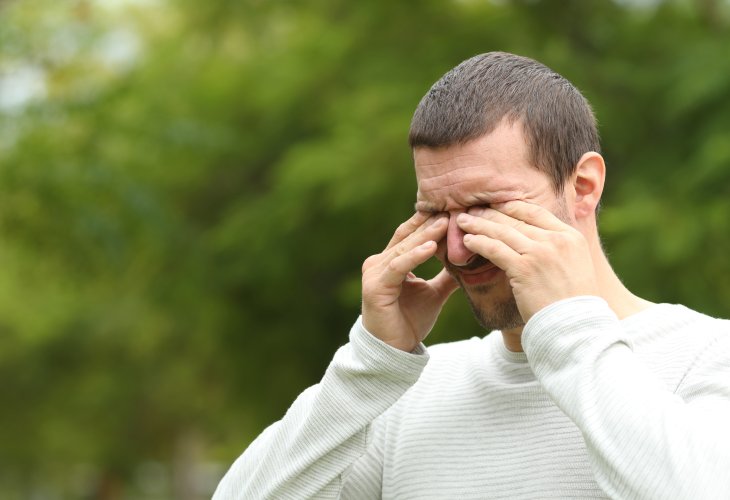Health and Nutrition
Dry Eyes? Here's How to Restore Moisture Naturally
Dry eyes are more common than you think. Discover simple ways to support and protect your eye health.
 (Photo: shutterstock)
(Photo: shutterstock)Dry eyes occur when the tear glands do not produce enough tears. When tear production decreases, the protective film that keeps the eye lubricated begins to break down.
Tears consist of three layers. The mucous layer attaches to the cornea and provides nourishment. The aqueous layer is the middle layer, containing enzymes and antibacterial substances that protect the eye from irritants. The oily layer helps maintain moisture and prevents tear evaporation.
Many factors can contribute to dryness. As we age, it becomes more difficult to keep the eyes moist due to reduced blood flow. Women may be more affected because of hormonal changes. Additional causes include prolonged computer or screen use, contact lenses, diabetes, unbalanced blood pressure, and arthritis.
Burning, pain, redness, and discharge can significantly affect quality of life. Here are some helpful ways to ease dry eyes:
Give your eyes regular rest. Close them for short breaks, or gently cover them with your palms. Allow your eyes to relax while taking slow, deep breaths to release tension.
Blink often. Blinking renews the tear layer that keeps your eyes moist, especially during long hours in front of a screen.
Cleanse your eyelids with warm water while gently massaging them. This boosts blood flow and improves nourishment to the eye, supporting moisture production. Massage from the eyebrows outward toward the ear, and under the eye from the outer corner inward with light pressure.
Apply warm compresses to the eyes. Ensure the warmth is comfortable. Heat supports good blood flow and helps relieve dryness.
Limit air conditioning. Both heating and cooling systems dry out the air. Use them sparingly and opt for fresh air when possible.
Get adequate sleep. Sleep allows the tear mechanism to recover and function properly.
Be mindful with contact lenses and makeup. Keep them clean and always remove them before sleep.
Support tear production with omega 3. Omega 3 fatty acids play an important role in producing healthy tears. A deficiency can worsen dry eyes. Include fish (not farmed), walnuts, flaxseeds, and avocado in your diet. A nourishing diet benefits both your eye health and overall well being.
Dry eyes can be managed with mindful daily habits and the right nutrients. By supporting your eyes naturally, you can enhance comfort, reduce irritation, and protect your long-term eye health.

